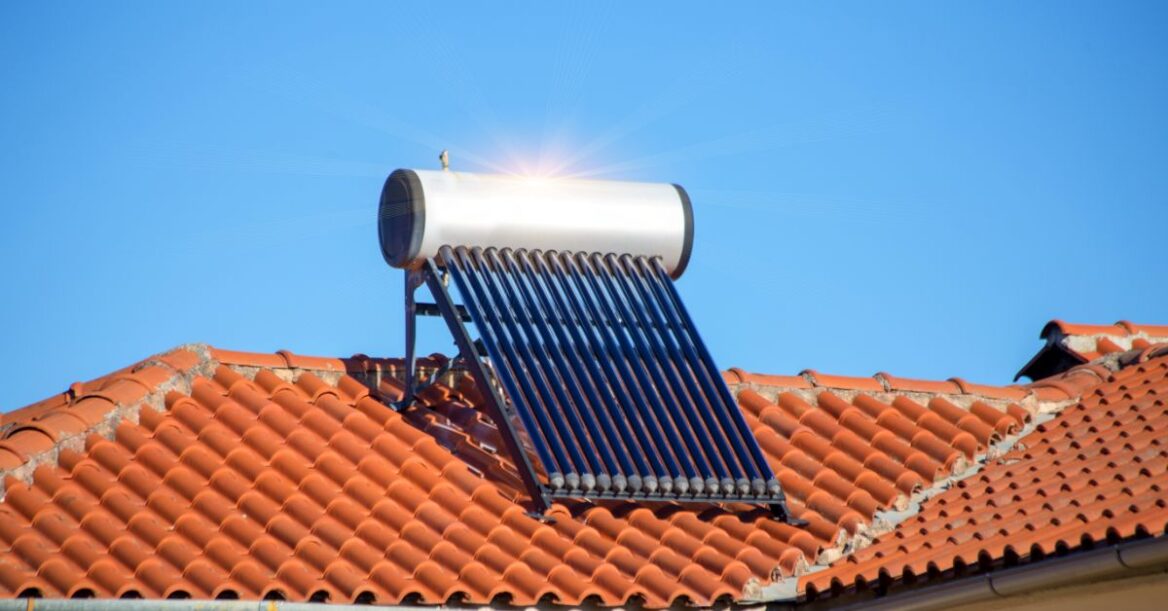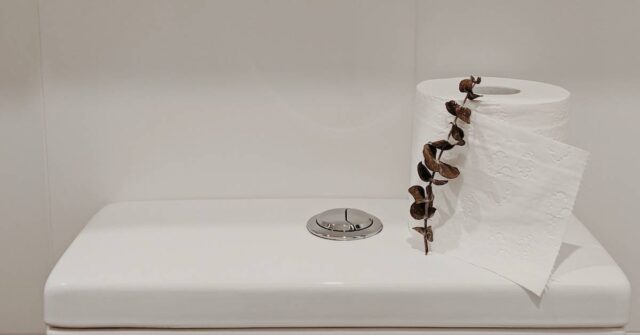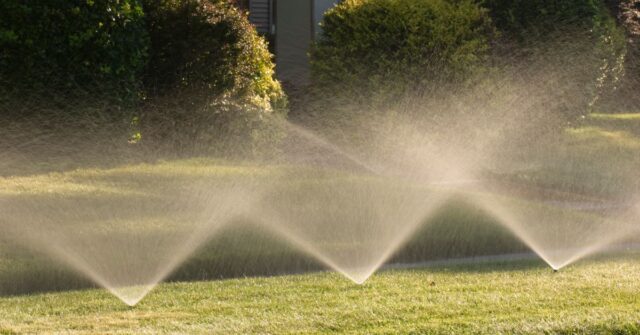Solar hot water systems are becoming an increasingly popular choice for Australian homeowners looking to save on energy bills and reduce their environmental impact.
But before jumping in, you probably want to know two things: how much it will cost and whether it’s worth the investment.
In this guide, we’ll cover everything you need to know to make an informed decision.
What Is A Solar Hot Water System?
At its core, a solar hot water system uses energy from the sun to heat water for household use. It’s an eco-friendly alternative to traditional water heating methods that rely on electricity or gas.
By harnessing free and renewable solar energy, these systems can significantly cut down your energy costs over time.
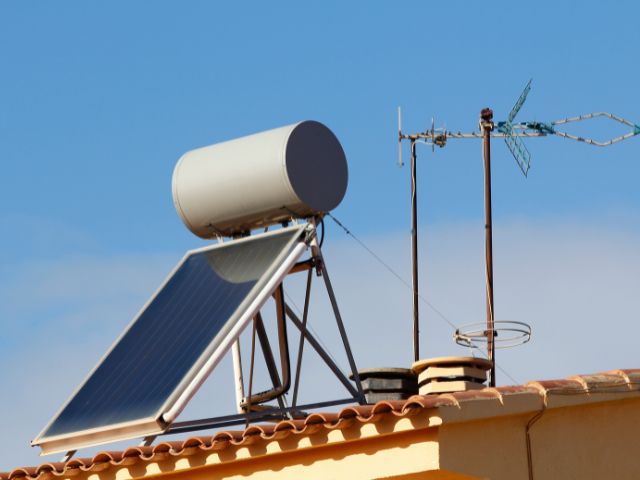
Overview of Solar Hot Water Technology
Solar hot water systems use solar collectors, typically installed on your roof, to capture sunlight.
This energy heats the water, which is then stored in an insulated tank until you need it.
The technology has been refined over decades, making it a reliable and efficient solution for modern households.
Main Components of a Solar Hot Water System
A typical system includes solar collectors, a storage tank, a backup heater, and a pump (in some systems).
Each component plays a crucial role in ensuring you have a steady supply of hot water, even during cloudy weather.
How Solar Hot Water Systems Work
During the day, the collectors absorb solar energy, which heats the water flowing through them. This heated water is transferred to the storage tank and is ready for use.
If the sun isn’t shining, the backup heater kicks in to maintain water temperature.
Types of Solar Hot Water Systems
Not all solar hot water systems are created equal. Depending on your needs, location, and budget, there are several types to choose from.
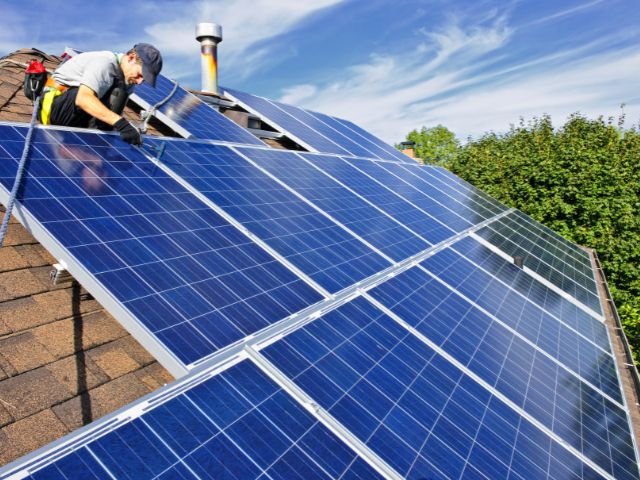
Flat Plate Collector Systems
These systems use flat panels to collect solar energy. They’re cost-effective and work well in warmer climates but may not perform as efficiently in cooler regions.
Evacuated Tube Collector Systems
Evacuated tubes are more efficient than flat panels, especially in colder weather. They consist of glass tubes that reduce heat loss, making them ideal for areas with less sunlight.
Thermosiphon Systems vs. Pumped Systems
Thermosiphon systems rely on natural convection to move water, while pumped systems use a pump for circulation. Thermosiphon systems are simpler and cheaper but less efficient in certain setups.
Electric Boosted vs. Gas Boosted Systems
Both types use a backup heater for cloudy days. Electric boosters are more common, but gas boosters offer faster heating and are often more cost-effective in the long run.
Costs of Solar Hot Water Systems in Australia
Understanding the costs involved is essential when deciding if a solar hot water system is right for you. Let’s break it down.

Initial Purchase and Installation Costs
On average, a solar hot water system costs between $3,000 and $7,000, including installation. High-end systems with advanced features can exceed $10,000.
Cost Comparison of Different System Types
Flat plate systems are generally cheaper than evacuated tube systems. However, the latter’s efficiency might save you more money in the long term, particularly in cooler climates.
Government Rebates and Incentives
In Australia, rebates and incentives can offset the upfront cost.
Check the Small-Scale Renewable Energy Scheme (SRES), which provides financial support based on the system’s efficiency and your location.
Factors Affecting Installation Costs
Installation costs vary depending on your roof’s orientation, the complexity of the plumbing, and whether you need a new storage tank. Homes with minimal shading will often have lower installation costs.
Financial Benefits of Solar Hot Water Systems
One of the biggest draws of solar hot water systems is the potential for long-term savings.
Energy Bill Savings
By reducing reliance on grid electricity or gas, homeowners can save hundreds of dollars annually. The exact amount depends on your household’s water usage and local energy rates.
Payback Period for Solar Hot Water Systems
The average payback period ranges from 5 to 10 years. While this might seem lengthy, the system’s lifespan-often 15 to 20 years it a sound investment.
Long-Term Cost Savings
Over its lifetime, a solar hot water system can save you thousands of dollars in energy costs, making it a financially savvy choice for many Australians.

Environmental Benefits of Solar Hot Water Systems
Beyond the financial perks, solar hot water systems offer substantial environmental advantages.
Reduction in Greenhouse Gas Emissions
Heating water is one of the largest contributors to household energy consumption. Switching to solar can significantly cut your carbon footprint.
Contribution to Sustainable Energy Use
By harnessing renewable solar energy, you’re reducing dependence on fossil fuels and supporting a more sustainable energy future.
Environmental Impact Compared to Traditional Water Heaters
Solar systems produce negligible emissions compared to electric or gas water heaters, making them an eco-friendly alternative.
Efficiency and Performance of Solar Hot Water Systems
Efficiency is a key consideration when evaluating any hot water system.
How Efficiency Varies by System Type
Evacuated tube systems are typically more efficient than flat plate systems, especially in areas with cooler temperatures.
Impact of Climate and Location
Homes in sunny regions benefit the most, though modern systems perform well even in less-than-ideal conditions.
Performance in Different Weather Conditions
Cloudy days may reduce efficiency, but backup heaters ensure consistent performance year-round.
Maximising Efficiency Through Proper Maintenance
Regular maintenance, like cleaning panels and checking for leaks, helps keep your system running at peak performance.
Practical Considerations for Homeowners
Before committing, it’s important to consider practical factors that may affect your decision.
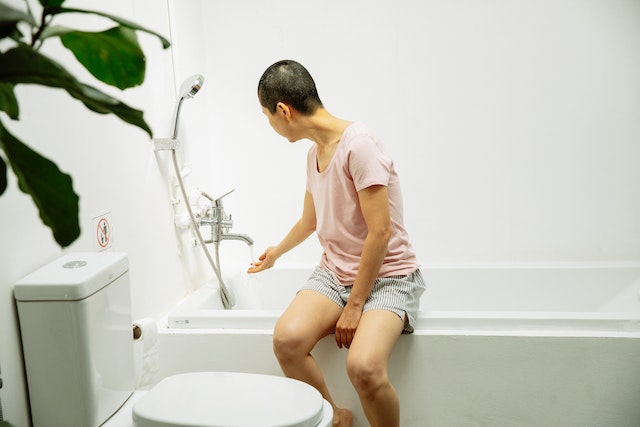
Suitability for Different Household Sizes
Larger households may require bigger storage tanks, while smaller homes can save money with more compact systems.
Space Requirements for Installation
Ensure your roof has enough space for solar collectors. Ground-mounted options are also available for homes with limited roof area.
Compatibility With Existing Plumbing Systems
Most systems can integrate with standard plumbing, though older homes may require upgrades.
Potential Challenges and Limitations
Shaded roofs, high upfront costs, and maintenance needs are potential drawbacks to keep in mind.
Maintenance and Lifespan of Solar Hot Water Systems
A well-maintained system can provide decades of reliable service.
Routine Maintenance Requirements
Simple tasks like cleaning panels and inspecting connections can go a long way in maintaining efficiency.
Common Issues and How to Address Them
Leaks, corrosion, and reduced efficiency are common issues. Most can be resolved with professional servicing.
Expected Lifespan of Different System Types
Solar hot water systems typically last 15 to 20 years, with some components requiring replacement sooner.
Comparing Solar Hot Water Systems With Other Hot Water Solutions
When deciding on a system, it’s helpful to compare solar options to other common methods.
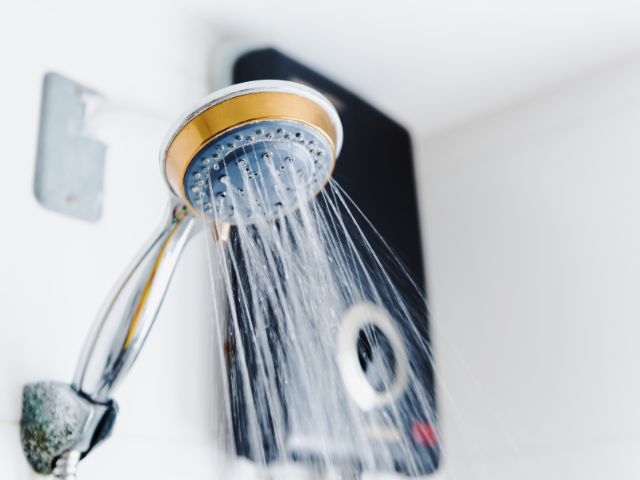
Solar Hot Water vs. Electric Water Heaters
Solar systems have higher upfront costs but far lower running expenses compared to electric heaters.
Solar Hot Water vs. Gas Water Heaters
Gas systems are often cheaper initially, but solar offers greater savings over time.
Hybrid Systems and Their Benefits
Hybrid systems combine solar with traditional methods, providing flexibility and reliability.
Is A Solar Hot Water System Worth It for You?
Deciding whether to invest depends on your circumstances. Let’s weigh the pros and cons.
Key Factors to Consider Before Making a Decision
Consider your budget, location, and energy needs. Government incentives may tip the scales in favor of solar.
How to Evaluate the Return on Investment
Calculate potential savings against the upfront cost to see how long it will take for the system to pay for itself.
When Solar Hot Water Systems May Not Be the Best Choice
If your home has heavy shading or you plan to move soon, traditional options might be more practical.
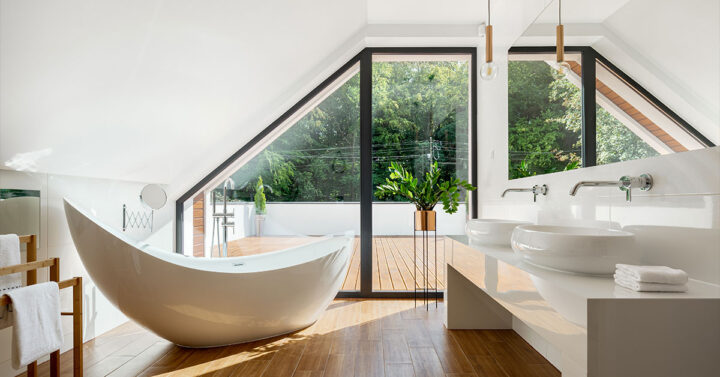
Conclusion
Solar hot water systems are a smart choice for many Australians, offering financial savings and environmental benefits.
While the upfront cost can be significant, the long-term advantages often outweigh the initial investment.
If you’re considering making the switch, take the time to assess your household’s needs and consult with professionals for tailored advice. It could be a decision you won’t regret.

